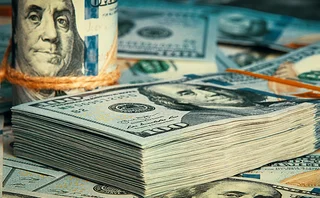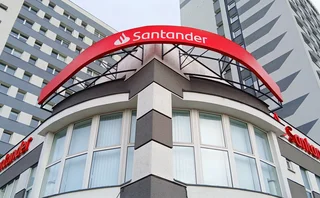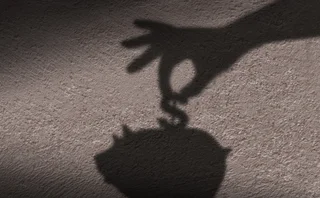

ING takes €1.6bn capital hit on Russia exposures
Bank adds €834 million of provisions and takes €9 billion of new credit RWAs
Souring Russia exposures and associated provisioning cost ING Bank almost €1.6 billion ($1.7 billion) in the first quarter – among the heftiest bills yet for European banks ensnared by the consequences of Moscow’s invasion of Ukraine.
The Dutch lender set aside €834 million of provisions against Russia-related exposures during the quarter. These mostly accrued to stage-two loans – those whose
Only users who have a paid subscription or are part of a corporate subscription are able to print or copy content.
To access these options, along with all other subscription benefits, please contact info@risk.net or view our subscription options here: http://subscriptions.risk.net/subscribe
You are currently unable to print this content. Please contact info@risk.net to find out more.
You are currently unable to copy this content. Please contact info@risk.net to find out more.
Copyright Infopro Digital Limited. All rights reserved.
As outlined in our terms and conditions, https://www.infopro-digital.com/terms-and-conditions/subscriptions/ (point 2.4), printing is limited to a single copy.
If you would like to purchase additional rights please email info@risk.net
Copyright Infopro Digital Limited. All rights reserved.
You may share this content using our article tools. As outlined in our terms and conditions, https://www.infopro-digital.com/terms-and-conditions/subscriptions/ (clause 2.4), an Authorised User may only make one copy of the materials for their own personal use. You must also comply with the restrictions in clause 2.5.
If you would like to purchase additional rights please email info@risk.net
More on Risk Quantum
Non-cleared derivatives margining jumps after framework rollout
Margin-to-notional ratio trails early regulatory estimates
Pinnacle-Synovus merger could create cat IV bank by year-end
$100bn threshold breach looms, but Fed’s Bowman plan could blunt impact
Bowman’s GDP-linked proposal would lift bank thresholds by 42%
Recalibration would push five banks out of category III and leave Synchrony and Flagstar below the large-bank line
Credit card rate cap would cut NII by over 40% at top lenders
Synchrony, Capital One and Amex face steep losses under Trump’s proposed 10% ceiling
Santander SVAR surge lifts IMA RWAs 22%
Third-quarter spike contrasts with broad European declines
NBFIs expanded at twice the rate of banks in 2024
Run-prone funds drive NBFI asset growth, FSB monitoring report shows
Credit derivatives surge to nine-year high at top US banks
$1.35 trillion notional added as banks ramp up CDS activity
Wells Fargo bucks peers with rise in CCP default fund contributions
Heavier clearing drives bank’s balance to new high in Q3








